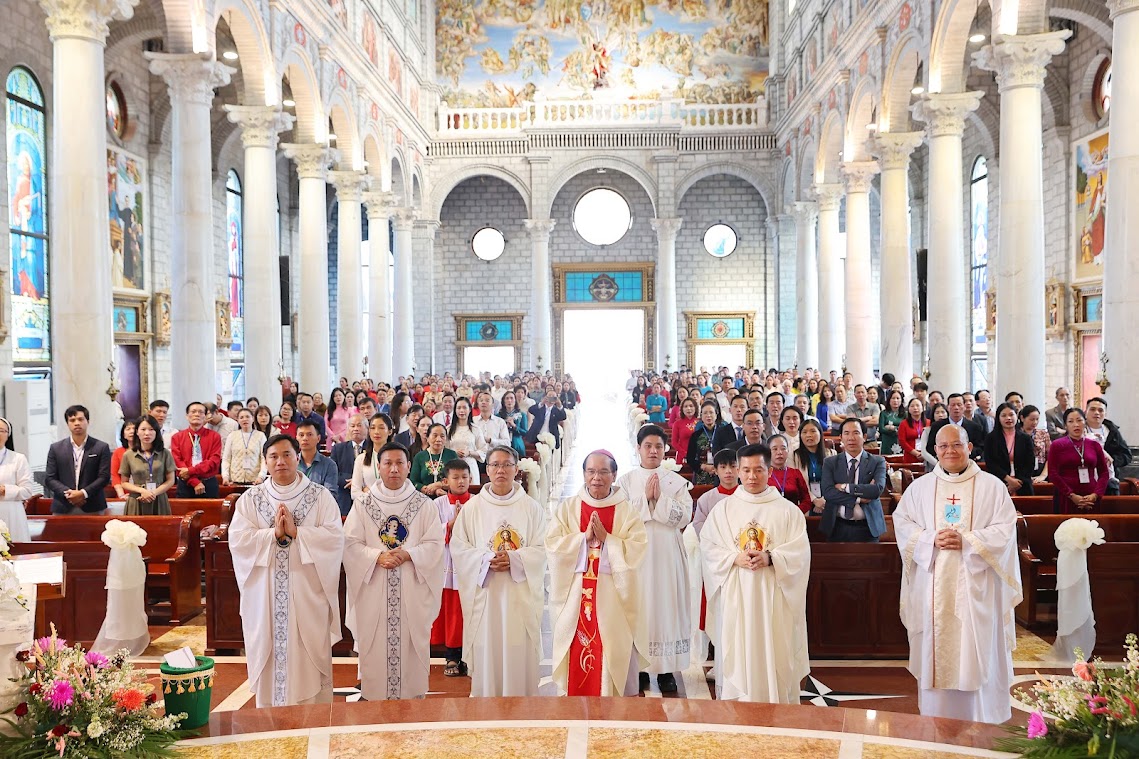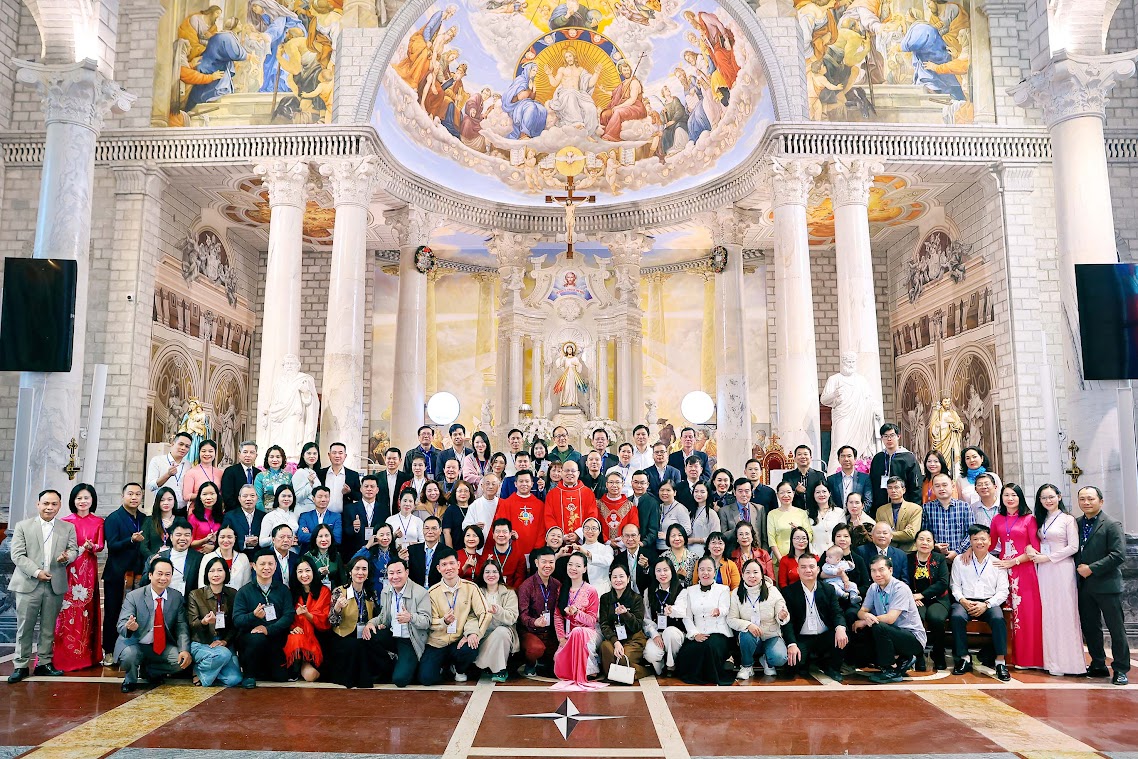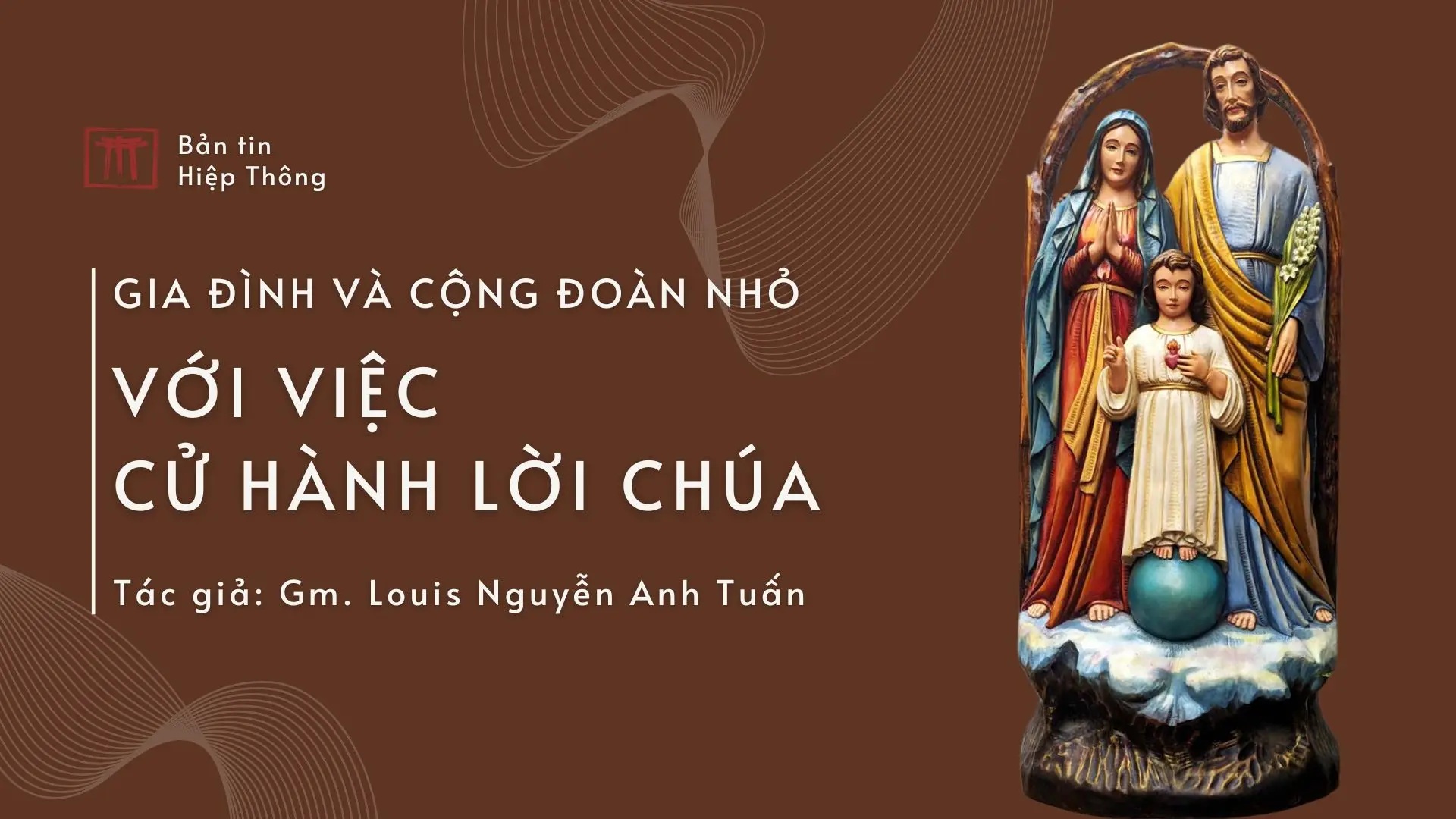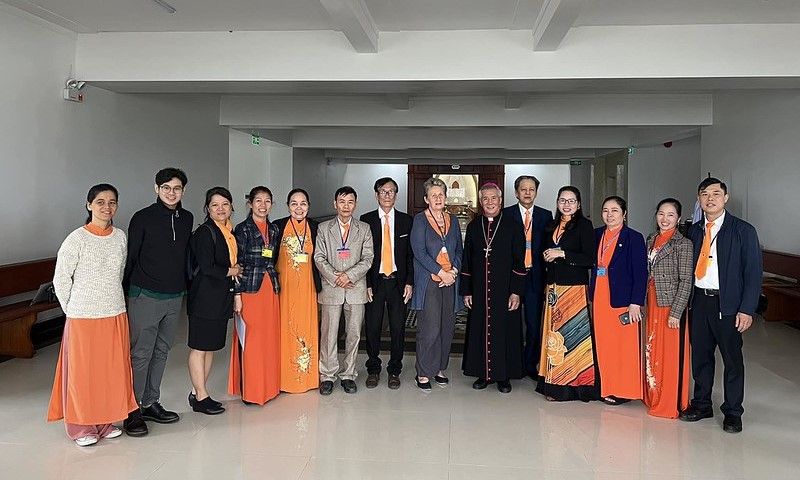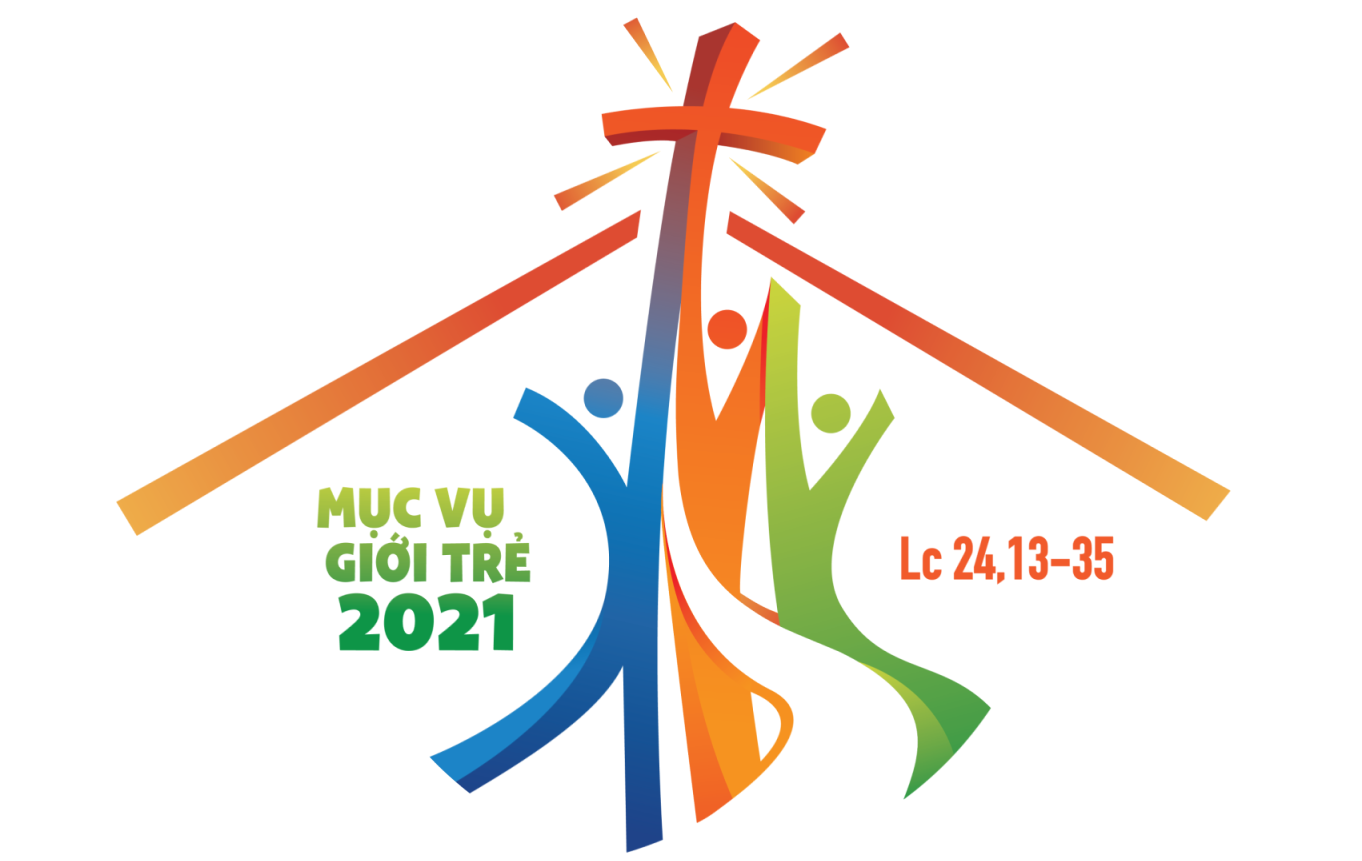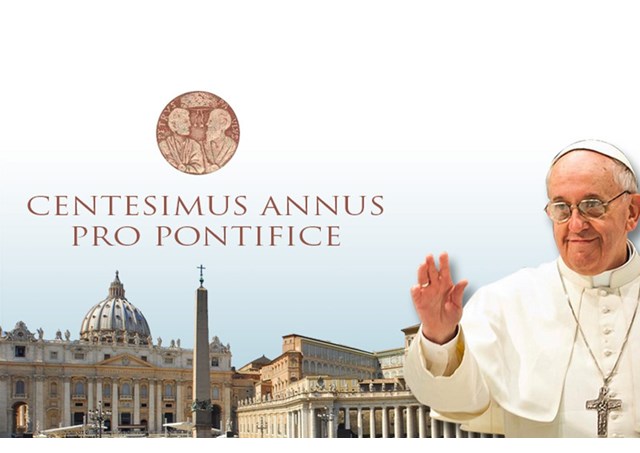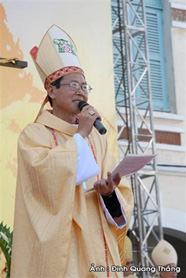Final Statement
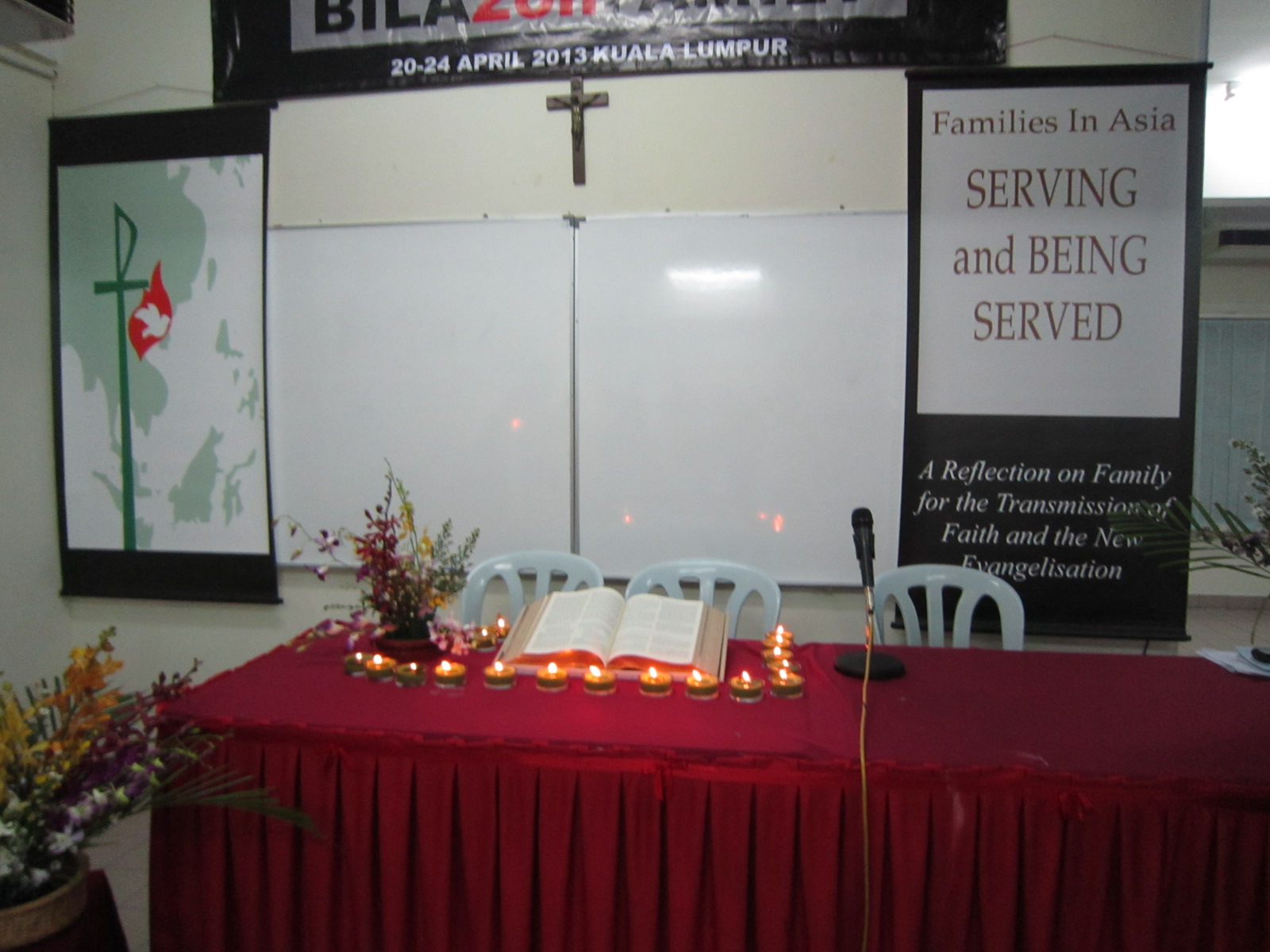
FABC Office of Laity and Family
BILA II on Family
Families in Asia, serving and being served
Archdiocese of Kuala Lumpur, Malaysia
20-24 April 2013
Final Statement
Introduction
1. We, the participants of the second Bishops’ Institute for the Lay Apostolate (BILA II) on Family,

blessings on our families. This BILA II on Family reflected on the realities and the challenges
facing families in Asia today in the context of our very diverse countries.
2. Delegates and resource persons from 17 countries
1
including eleven bishops met at the
Archdiocesan Pastoral Centre of Kuala Lumpur Archdiocese in West Malaysia from 20th
to 24th
April 2013. Co-organised by the FABC Office of Laity & Family and the Archdiocese of Kuala
Lumpur, Family Life Commission, we enjoyed the gracious hospitality of our Malaysian hosts.
3. The first BILA on Family was held in Thailand from 11th
to 16th
June, 2007 following the FABC
Plenary Assembly in 2006 in Korea which had as its focus, the Family. The first meeting discussed
the urgently needed “Avenues/Approaches to Respond to Challenges in Pastoral Care to Families
in the 21st Century”.
4. In this second BILA on Family, we have focused our attention on the mission of the family as the
Domestic Church; the mission within the family itself and towards the world.
Lights
5. Sharing the realities of our families and situations, we were very encouraged by the many lights
and graces we have received in these times. We are truly grateful to all those families who have
courageously and faithfully lived their mission to be schools of faith and love, first educators of
their children as well as being aware of their responsibility to transform society. Some areas of
positive development are:
1) A more widespread availability of the teachings of the Church on marriage as a Sacrament,
and on human Sexuality.
2) The presence of Family Commissions and Family Ministry groups at the national, diocesan
and parish levels.
3) A greater awareness of the importance of family and marriage and their impact on society.
4) An increase in the number and quality of Small Christian Communities or Basic Ecclesial
Communities which have provided a ‘home for everyone’ where families gather, share faith,
joys and sorrows and receive much consolation.
5) Ecclesial movements for families which are playing an effective role in the faith formation
and transformation of families.
6) An increased engagement in advocating for pro-family policies, as well as addressing gaps in
family support and assistance.
1
Bangladesh, Hong Kong, India, Indonesia, Japan, Korea, Malaysia, Myanmar, Nepal, Pakistan, Philippines,
Singapore, Sri Lanka, Taiwan, Thailand, Timor-Leste, Vietnam. 7) The initiatives taken by families to gather in communities to reach out to others in solidarity.
8) Greater emphasis on a more systematic and professional training for those in Family
ministry.
9) Many services and outreach programmes to assist and educate families in church and in
society.
10) Increased use of social / mass media as a means of reaching out to families.
11) Increased awareness of the need for work-life balance across Governments and Civil Society.
Shadows
6. However, many shadows and drawbacks remain. Some of those we discussed were:
1) Family ministry at parish and diocesan levels remains under-developed and often isolated
and fragmented into programmes, events and activities.
2) A lack of integration among family ecclesial movements, small Christian communities, parish
ministries in the light of a vision and Church teachings.
3) Widespread ignorance of the Sacrament of Matrimony as a Sacrament at the service of
communion and the grace and gift of the sacrament.
4) The tendency to treat families as objects of care rather than agents of the new
evangelization.
5) Insufficient help to families to deepen their spirituality of communion and to live as
witnesses to reconciliation.
6) A rise of pornography as an entertainment industry and the increased objectification and
commodification of sex which wrecks marriages and undermines human dignity.
7) An increase in the number of young people delaying marriage and more people remaining
unmarried due to poverty or an unwillingness to commit to a long term relationship.
8) Insufficient positive use of mass media to counter their negative influences.
9) Families where both parents work long hours face serious difficulties in the transmission of
values especially in these very challenging times.
10) The growing number of divorces and legislation in favour of same-sex marriages.
11) The scourge of abortion, euthanasia and culture of death.
12) The emergence of a contraceptive mentality where life is perceived not as a blessing, but as
a burden and danger against which we need to protect ourselves.
13) In the home countries of migrant workers or foreign domestic workers, families often lack
the means necessary for survival, such as food, work, housing, medicine, education and
other most elementary freedoms. This gives rise to migration of family members and splits
up families resulting in: children growing up without parents and who have to depend on the
extended family to transmit faith and values.
Recommendations
7. In the light of all these challenges, we recognise that there is an urgent need to work more
collaboratively and systematically to “support, illuminate & assist families” through our Family
Apostolates and Ministries.
1) We urge all those providing marriage and family programmes; youth, women, family and
human development commissions / desks to work together with the Small Christian
Communities and Ecclesial movements to share and strengthen their common pastoral faith
vision and to understand the context and world view of families in order to animate and
support whole families more effectively and more holistically. 2) In today’s context of interrelatedness and interdependence we urge all those in family
ministry to collaborate and network more effectively with government and civil society
agencies, and faith based organizations which work for the family.
3) We strongly encourage all those working for the family to be guided and inspired in their
approaches and ministries by the Church’s teaching especially contained in ‘Familiaris
Consortio’(1981) and the Catechism of the Catholic Church (CCC).
4) We exhort that all those who work in Family ministry (clergy, religious and laity) to recognise
the family as active and co-creative agents of love and service, with the potential to
evangelize and nurture vocations.
5) As families are to play a greater role in the mission of New Evangelization which is a matter
of urgency, we recommend that priority be given to preparing and empowering them to
become “creative subjects of evangelization” (1980 JPII address to Synod of Bishops).
6) That those in Family ministry see themselves as defenders of life and where needed,
advocate for life from conception to death.
7) That our family ministries take special care of those hurting families, the poor and
marginalised families struggling with daily needs.
8) Countries employing migrant workers can do better to look after the needs and dignity of
migrant communities, as well as to highlight conditions that exploit migrants. While
providing pastoral care for migrants we should consider advocating for the rights of migrants
to have a family and to remain with their families. Governments and churches need to
acknowledge that the separation of families works against the good of the human person
and society and negatively impacts job performance.
Conclusion
8. We want to assure families and especially parents that they can be confident of the grace of
their marriage and can play their irreplaceable role in developing loving disciples for Christ which
no other institution or school or agency can achieve. We encourage parents to spend more time
together as families in ways that will enable the whole family to grow to full human and
Christian maturity founded on the Word of God. (FC2)
9. The Catholic Family in Asia is being called to a deeper Spirituality of Communion which is
founded on the three persons of the Blessed Trinity. Hence, the Christian Family should live out
their life of Communion in Jesus Christ in Union with the Holy Spirit, towards the Father.
10. The Catholic Family in Asia is also called to become agent of the New Evangelization for the
transmission of faith.
11. We are inspired and energised to return to our ministries and organisations to work
collaboratively and with more determination; to study our contexts and the needs of our
families. We are challenged to go out to all families and not to serve only those who come to us.
Our ministry should bring us closer to Christ and to the families we serve.
12. We would like to thank especially our host, Archbishop Murphy Pakiam of the Archdiocese of
Kuala Lumpur and his team in the Family Life Commission. Thanks also to the FABC Office of
Laity and Family and our benefactors. We are truly grateful for this experience of community
and family during this BILA II on Family and ask Mary our Mother to continue to guide the
churches in Asia to build up loving and serving families and communities.

